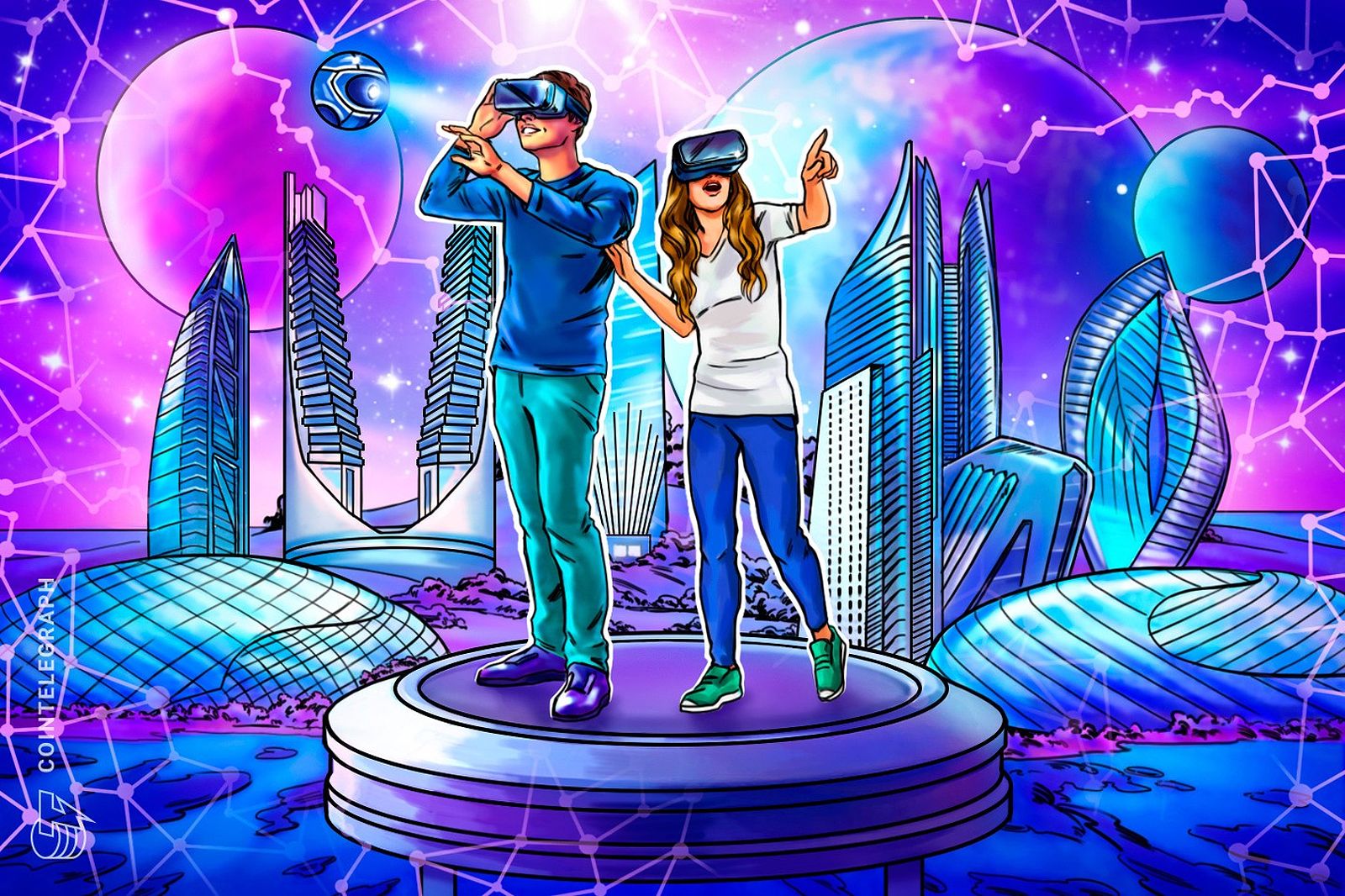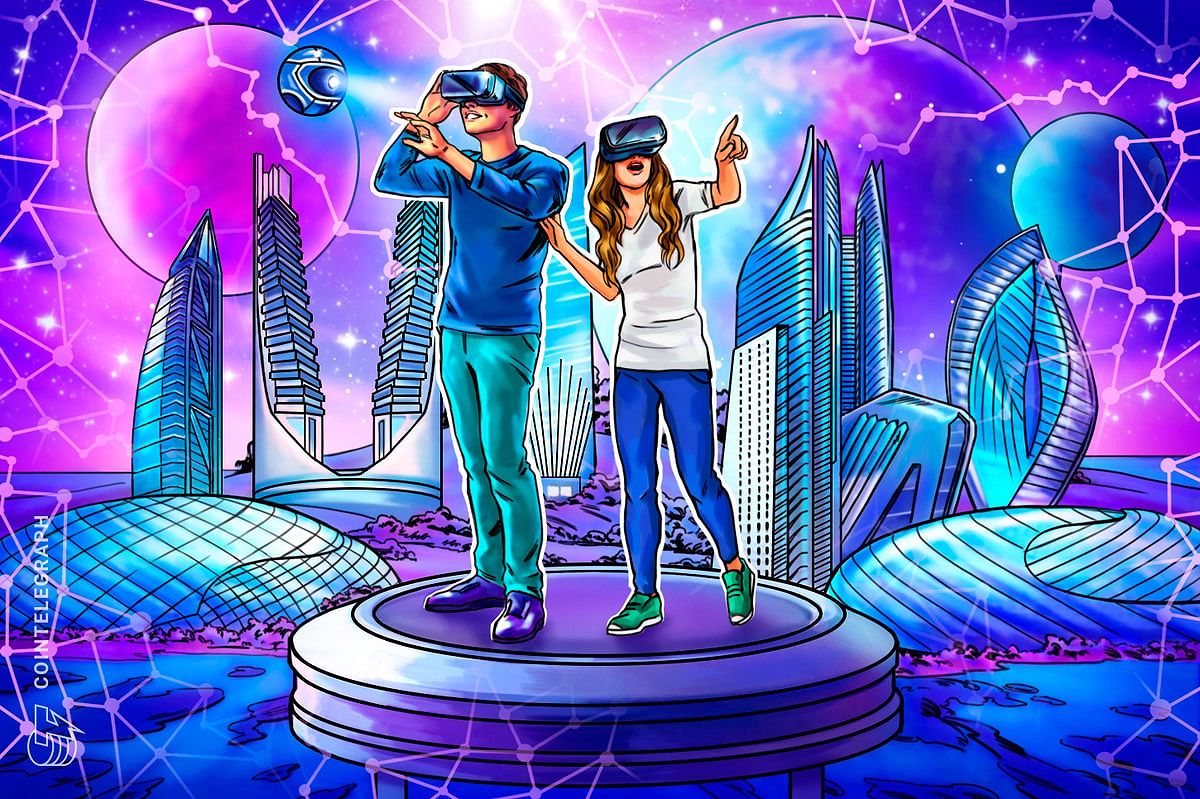The metaverse has transitioned from a mere concept into a thriving marketplace, capturing the attention of both tech enthusiasts and investors alike. Individuals like Sarah, a tech-savvy entrepreneur, have recognized the immense potential of this immersive digital realm, prompting her to explore the opportunities that lie within the metaverse hardware sector.
With a staggering statistic revealing that the global metaverse market is projected to reach over $800 billion by 2024, many are beginning to rethink their investment strategies. Investors like James, who once believed virtual reality was just a passing trend, are now taking a closer look at how metaverse hardware could reshape the future of technology and entertainment.
In recent months, breakthroughs in augmented reality (AR) and virtual reality (VR) hardware have captured the imagination of industry leaders. For instance, the unveiling of Apple’s Vision Pro headset has sparked discussions about how this technology could redefine user interactions in the metaverse, prompting investors like Laura to consider the implications for their portfolios.
Key Players Shaping the Metaverse Landscape
The race to establish dominance in the metaverse is heating up, with major tech giants stepping into the fray. Apple, celebrated for its cutting-edge hardware, is venturing into spatial computing with its Vision Pro headset. This development isn’t just about new gadgets; it represents a shift in how we perceive and interact with digital environments. Meanwhile, Google, a powerhouse in search and artificial intelligence, is collaborating with Magic Leap to craft mixed-reality headsets that promise to enhance our digital experiences.
Meta, formerly known as Facebook, has made substantial investments in virtual and augmented reality technologies, aiming to create a more immersive metaverse experience. Their vision is ambitious, and it’s clear they see the metaverse as a critical future platform for social interaction. Microsoft, a titan in software, is also making waves by reportedly entering the hardware space with its own spatial computing headset. This move could solidify its presence in the metaverse, as they leverage their existing software ecosystem.
Nvidia stands out as a crucial player in this landscape, providing the graphics processing units (GPUs) that power the immersive experiences we’re beginning to see. The company’s innovations in graphics technology are vital for rendering the detailed environments that define the metaverse, ensuring that experiences are not only immersive but also visually stunning.
Investing in the Metaverse Hardware Market

The metaverse hardware market is a fertile ground for investment opportunities, inviting those eager to be part of this burgeoning sector. One practical approach is to invest in publicly traded companies that are actively developing metaverse hardware. These established firms often have a proven track record of innovation, making them a safer bet for investors seeking stability.
Alternatively, there’s the exciting realm of venture capital, where promising startups are creating cutting-edge metaverse hardware. While these investments can carry higher risks, they also present the potential for significant returns, appealing to risk-tolerant investors. Another option is to explore exchange-traded funds (ETFs) and mutual funds focused on the metaverse sector. These investment vehicles offer a diversified approach, allowing individuals to spread their risk across various companies involved in this dynamic market.
The Future of Metaverse Hardware
As we look ahead, the metaverse hardware market is set to evolve at a rapid pace, driven by advancements in display technology, artificial intelligence, and hardware components. The future promises higher resolution displays and wider fields of view, which will create more realistic and engaging experiences. Imagine attending a concert where you can see every detail as if you were there in person or exploring a digital art gallery that feels as immersive as the physical world.
Artificial intelligence and machine learning are also poised to play significant roles in personalizing the metaverse experience. By tailoring content and interactions to individual users, these technologies will make the metaverse more relevant and engaging. Furthermore, new hardware components, such as haptic feedback devices and olfactory technology, are on the horizon, enhancing our sensory experiences and blurring the lines between the physical and digital realms.
Conclusion
The metaverse hardware market is a dynamic and exciting space with significant potential for investors. With major tech companies investing heavily in developing innovative hardware, the market is poised for growth. As the metaverse continues to evolve, the hardware that enables these immersive experiences will play a critical role in shaping the future of technology and entertainment.
Investors like Tom are keenly aware of how this evolution can impact their financial decisions, and as the metaverse unfolds, it will be essential for them to stay informed about the latest developments. The journey into the metaverse is just beginning, and for those willing to engage with this new frontier, the opportunities are vast and varied. As we stand on the cusp of this digital revolution, it’s clear that the metaverse is more than just a trend; it’s a transformative force that is here to stay.

